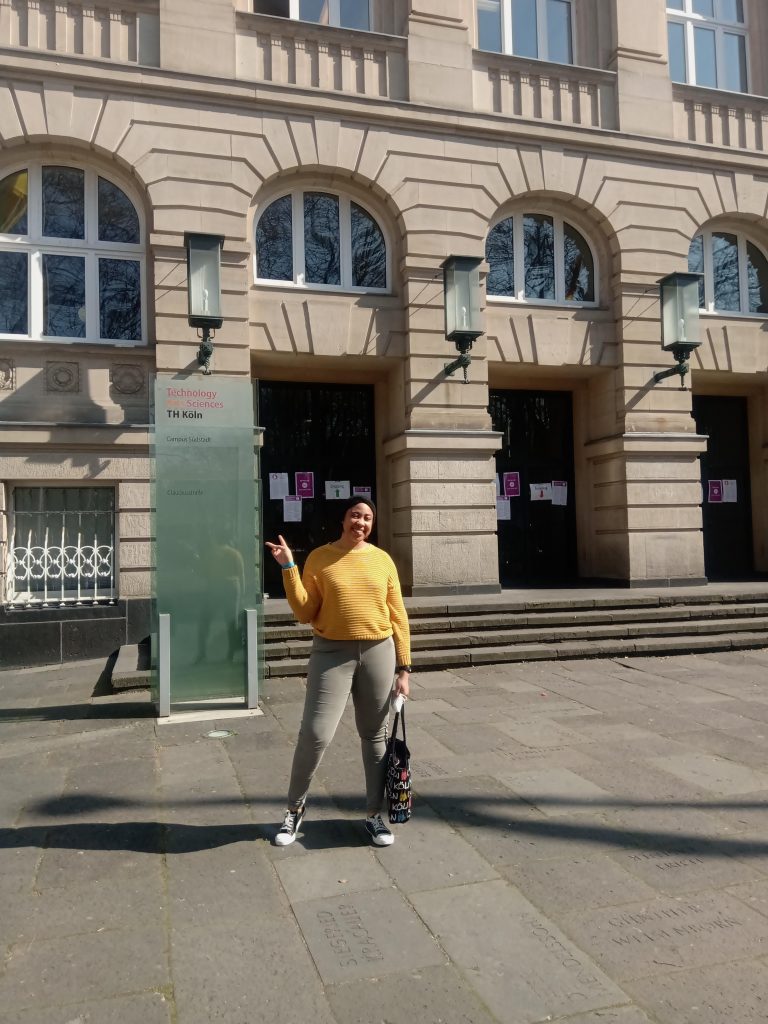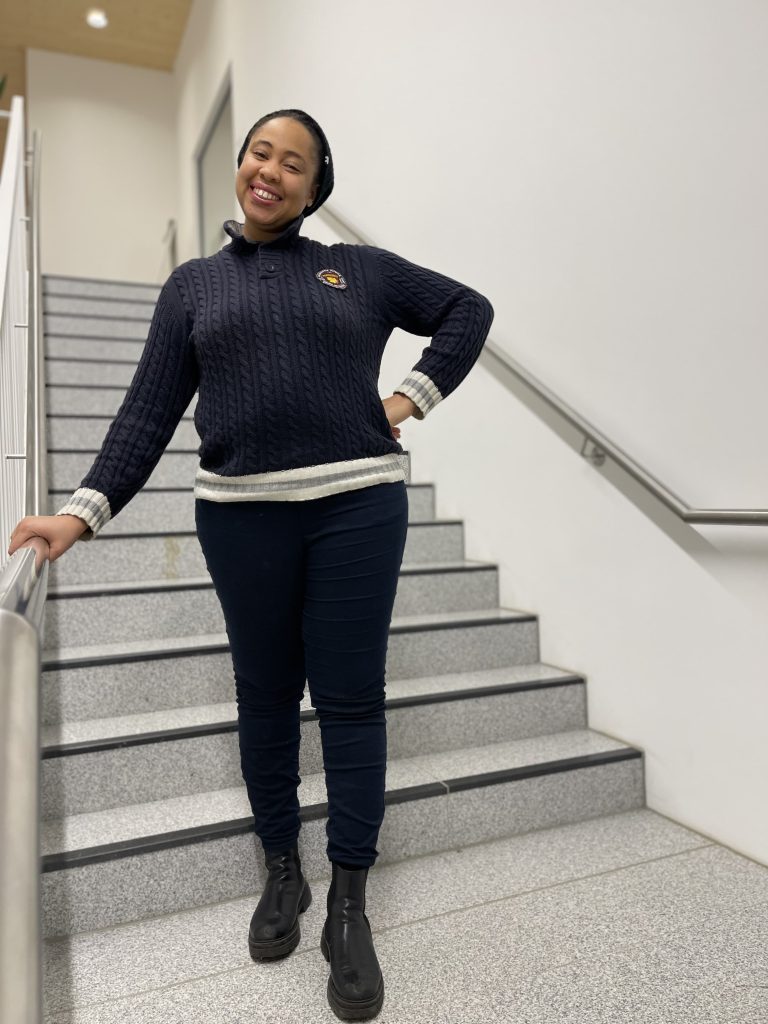Studying in Germany — Anita Ezeokafor

The post-COVID era saw a wave of Nigerian university graduates relocating abroad to further their studies. Among them is 28-year-old Anita Ezeokafor, a graduate of Godfrey Okoye University, a private university in Enugu, Nigeria. Anita is currently pursuing a master’s degree in philosophy, politics and economics in Universität Wqitten/Herdecke.
She completed a one-year program through her alma mater, Godfrey Okoye University, which had an affiliation with TH Köln, a German university. Since finishing in August 2022, she has moved on to pursue her master’s degree at a different university.

In an interview, Anita shares her experience as a Nigerian student in Germany and offers insights into what studying in the country entails.
Why Germany?
“For most Nigerians, Germany isn’t a top-of-mind destination for education because of language barrier. People often gravitate toward countries like the U.S. or the U.K. However, Germany stood out to me for several reasons. First, it has one of the strongest economies in Europe. Second, it’s incredibly welcoming to international students. Organizations like DAAD (Deutscher Akademischer Austauschdienst) provide support for foreign students, making the transition smoother.”
Anita’s decision was also influenced by Germany’s reputation for its affordable education system and emphasis on academic excellence.
English Proficiency Requirements:
I didn’t have to take any English proficiency tests like IELTS or the rest. Many courses in Germany are taught in English and/or German although some programs like medicine, and engineering stand out because they are exclusively taught in German. For courses in English, some other forms of fluency can be acquired like a simple letter from the Ministry of education or your university’s registrar’s office for a proof of English.

She highlighted the Goethe-Institut in Lagos, which provides language training and testing for Nigerians aspiring to study in Germany.
Tuition and Accommodation:
“Tuition fees here are incredibly affordable compared to other countries. Some schools charge as low as 300 euros per semester. But what really stands out is the availability of scholarships. There are scholarships from political parties, private individuals, and organizations—it’s a huge pool!”
Accommodation, however, comes with its challenges. Anita explained, “Unlike Nigeria, most universities in Germany don’t have hostels. Housing depends on your level—whether you’re an undergraduate, master’s, or PhD student. Living costs vary by city; Berlin and Cologne, for instance, are more expensive. It’s important to research the city where your school is located to plan accordingly.”
Lecturer-Student Relationships:
A unique aspect of studying in Germany is the focus on maintaining a low lecturer-student ratio. Anita noted, “Classes are small and intimate. There’s a cap on the number of students per class, and once that limit is reached, others are asked to choose another course. This makes communication easier, and lecturers get to know their students personally.”
Reflecting on her own experience, she said, “German lecturers are compassionate. When I lost my dad, I couldn’t write my exams. My lecturer told me, ‘Take your time, and write when you’re ready.’ This kind of empathy isn’t something you see often.”

Requirements to Study in Germany:
“Contrary to popular belief, you don’t need a first-class degree to study here or get a scholarship. While good grades give you an advantage, they aren’t the sole criteria. The application process is straightforward—you can do it all by yourself without involving any agency. Simply search for the school online and apply. Germany has a robust system for verifying documents, so there’s no hassle.”
Advice to Aspiring Students:
For Anita, studying in Germany has been a life-changing experience. Her advice to Nigerians aspiring to study abroad is simple: “Be proactive and thorough. Research schools, understand the cities they’re located in, and prepare yourself for the cultural shift. Opportunities abound here, but preparation is key.”
Germany might not be the most obvious choice for Nigerians, but as Anita’s story reveals, it’s a land of immense opportunities for those willing to explore beyond the familiar.






